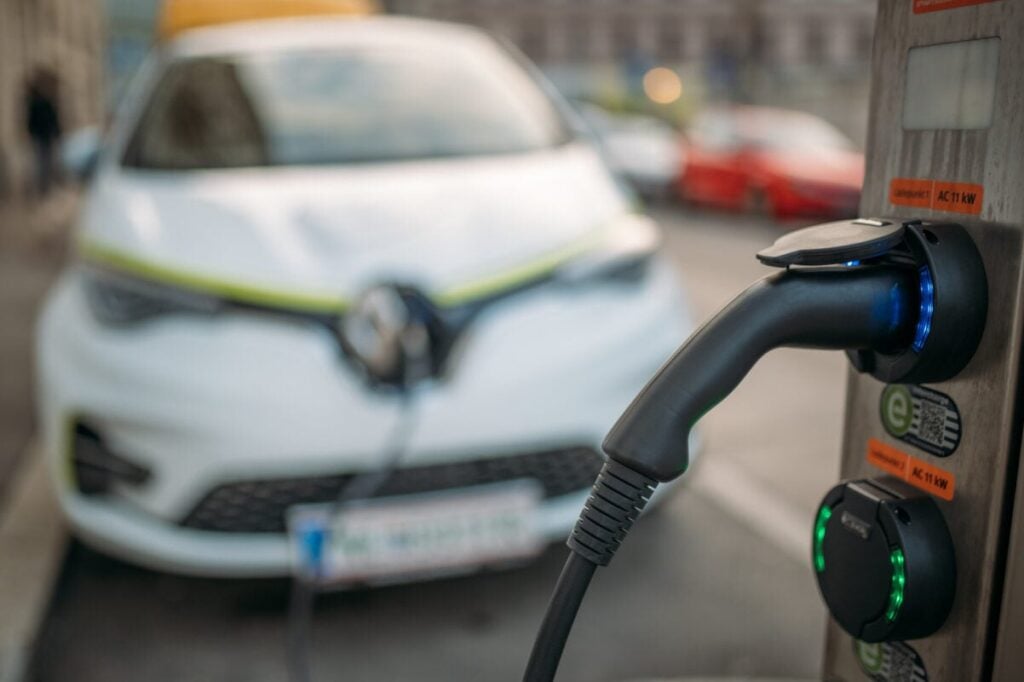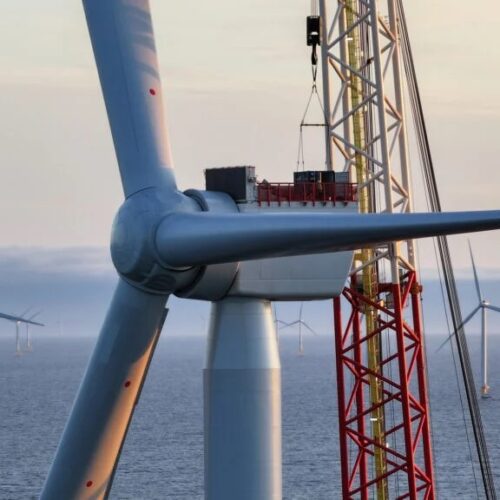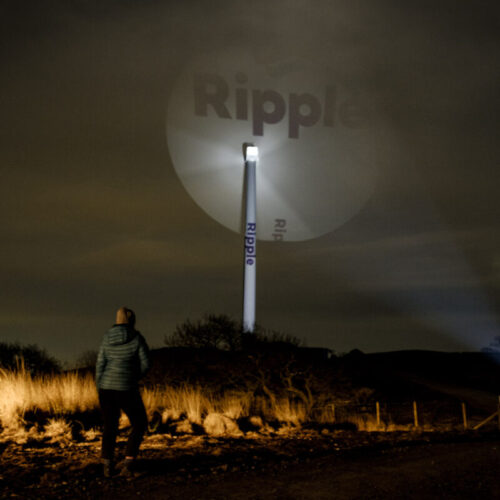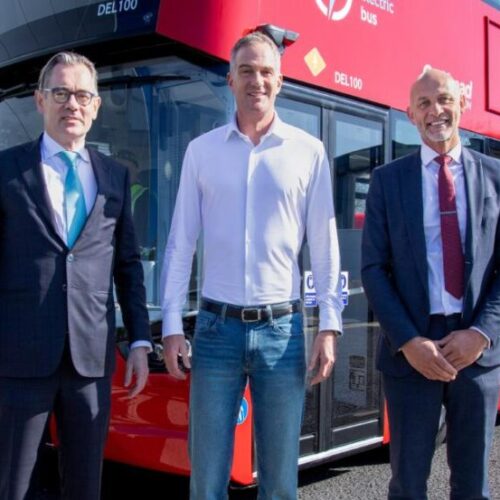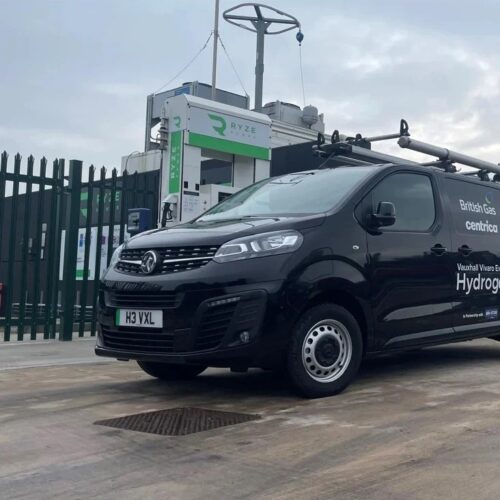While Norway leads Europe in EV adoption, the Netherlands is the region’s leader in charging infrastructure, with the highest ratio of chargepoints to inhabitants.
That is according to research by energy management system provider gridX, published today. GridX’s ‘Charging Report 2025’ provides an overview of the last year’s developments in the EV charging landscape in Europe.
The Netherlands stands out as a frontrunner in installed public charging infrastructure, with a total 183,000 chargepoints installed, equating to 10.04 per 1,000 inhabitants—the highest ratio in Europe. In comparison, Germany has just 1.89 public chargepoints per 1,000 inhabitants.
The Netherlands also leads in the number of charge points per kilometer of highway, with 66:1, making it the most accessible country for EV charging, according to gridX’s analysis.
That being said, Germany installed 39,436 new chargers during 2024, the highest amount of any European country, bringing the total number of public chargepoints in the nation to 159,958. It also has 6GW of overall charging capacity.
According to the report, Europe will need 8.8 million chargers by 2030 to support plans for the rollout of EVs, which requires over 23,000 installs per week. During 2024, European chargepoint installations averages 18,250 per week, meaning an uptick of nearly 4,800 weekly is needed this year.

In April 2024, the Alternative Fuels Infrastructure Regulation (AFIR) came into effect, replacing the Alternative Fuel Infrastructure Directive (AFID). This enforces interconnection across Europe, setting minimum power output requirements so that public charging stations can keep pace with growing numbers of EVs on the road.
AFIR also established consumer protections similar to those rolled out in the UK late last year.
Fast charging capability increases
The share of installed chargers above 150kW increased from 7.2% in 2023 to 9.8% in 2024. The number of AC chargers grew by 33% and DC fast chargers by 63%, with growth in DC chargers outpacing that of AC in every country but Croatia and Latvia.
Norway has the highest share of ultra-fast chargers over 150kW, with 27%, followed by Finland, Estonia, and Liechtenstein, each at 20%. In Europe overall, the average charging speed increased from 38kW to 42kW.
Norway, which leads in EV adoption, is the country where charging is at its most expensive; 25 minutes of charging at a 40kW DC chargepoint costs €50 (£43.2), compared to Iceland, the cheapest country for charging, at €7.70.

Despite this cost, Norway has 148 battery electric vehicles (BEVs) per 1,000 inhabitants, leading in Europe, followed by Iceland where there are about 80 BEVs per 1,000 inhabitants.
